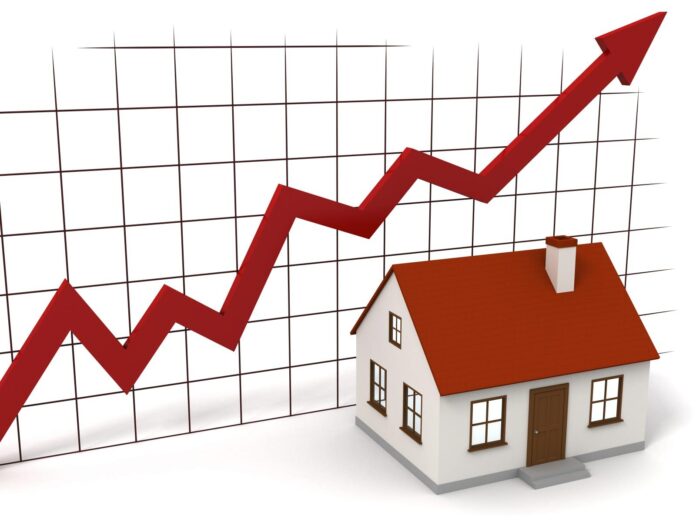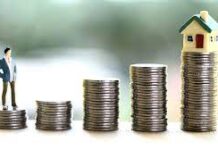Real estate market cycles refer to the cyclical fluctuations in the real estate market, characterized by periods of growth (booms) and decline (busts). Understanding these cycles is crucial for investors, developers, and policymakers as it can help them understand real estate market, make informed decisions and anticipate potential risks. In this article, we will explore the causes of real estate market cycles, the signs of a boom and bust cycle, the impact of economic indicators on real estate market cycles, strategies for navigating a real estate market crash, and the long-term impact of real estate market cycles on the economy.
What Causes Change in Real Estate Market Cycles?
Real estate market cycles are caused by a combination of factors, including economic conditions, interest rates, demographic trends, and government policies. Economic conditions play a significant role in determining the health of the real estate market, as a strong economy typically leads to more job opportunities, higher incomes, and more demand for housing. Interest rates also have a significant impact on the real estate market, as low-interest rates make it more affordable for buyers to purchase homes and for developers to finance new projects.
Identifying the Signs of a Boom and Bust Cycle
It can be challenging to identify the signs of a boom and bust cycle, as the real estate market is a complex and dynamic system. However, several indicators can signal a potential boom or bust. During a boom, there is typically strong demand for housing, rising prices, and a shortage of available homes. Conversely, during a bust, there is weak demand, falling prices, and an oversupply of homes. Other indicators of a boom or bust include changes in interest rates, unemployment rates, and consumer confidence.
The Impact of Economic Indicators on Real Estate Market Cycles
Economic indicators, such as gross domestic product (GDP), inflation, and unemployment, have a significant impact on the real estate market. A strong economy, characterized by high GDP growth, low unemployment, and low inflation, typically leads to more demand for housing and higher prices. Conversely, a weak economy, characterized by low GDP growth, high unemployment, and high inflation, typically leads to less demand for housing and lower prices.
Strategies for Navigating a Real Estate Market Crash
Navigating a real estate market crash can be challenging, but several strategies can help investors and developers minimize their losses. One strategy is to diversify your portfolio by investing in different types of properties and different markets. This can help to mitigate the risk of a crash in any one particular market. Another strategy is to focus on long-term investments, rather than short-term gains. This can help to protect against the volatility of the market and allow for a greater chance of recovery in the long term. Additionally, it’s important to keep an eye on economic indicators and interest rates, as these can signal a potential crash and help you to prepare in advance.
Final Takeaway
The long-term impact of real estate market cycles on the economy can be significant. A boom in the real estate market can lead to economic growth, as it creates jobs and generates income for developers, builders, and real estate agents. However, a bust can lead to an economic crisis. It is important to navigate and understand real estate market thoroughly before making any major decision.























